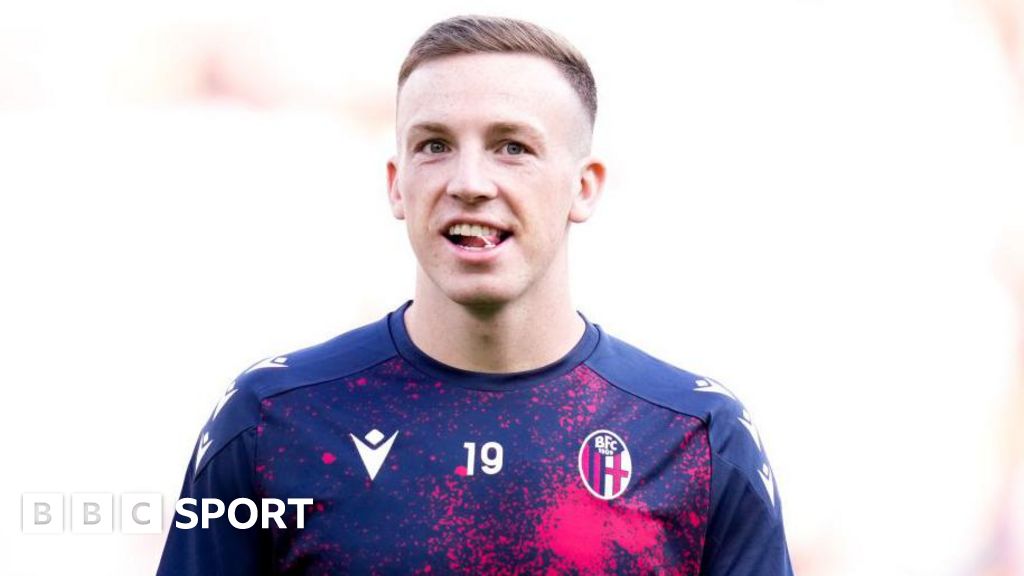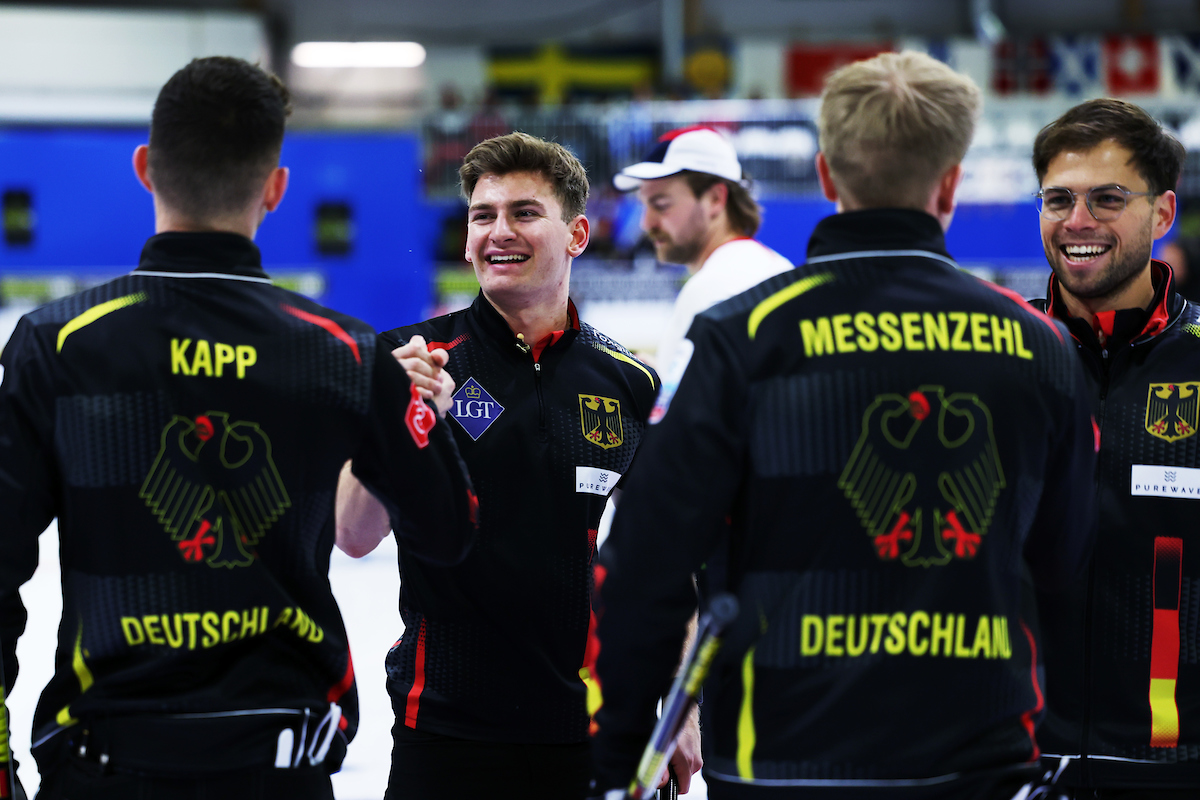Travel
My agonising broken leg travel nightmare on the night a team died – Ally McCoist

It is the spring of 1993. We’ve been battered and now the manager is on the receiving end of his own onslaught. It’s a defeat that means Scotland, for the first time in almost a quarter of a century, will not be going to the World Cup. Portugal have done us 5–0 in Lisbon, the press smell blood, and Andy Roxburgh is in the firing line.
It’s the heaviest defeat since England beat us 5–0 in 1973, and the heaviest defeat to a non-British side since the Uruguayans beat us 7–0 at the 1954 World Cup; facts and figures that are being put to the manager. Pondering what he has just witnessed, Andy concludes, ‘A team died out there tonight.’
Whilst he was facing the press, I was facing a long lay-off. I had enjoyed a fantastic season, scoring forty-nine goals, and with several games left of the domestic campaign, I was confident of cracking the fifty mark. My goals helped Rangers to a domestic treble, and only a week earlier we had played the last of an unbeaten campaign in a new-look Champions League, counting ourselves desperately unlucky not to make the final.
That night in Lisbon’s Stadium of Light, like my teammates, I had been left in darkness, and the mood following our defeat was compounded by my leg being in absolute agony. Late in the game, having had a proper run-in with their big centre-half, Jorge Costa, I went to smash the ball, caught a defender and was left in agony. Hugh Allan, the physio, came on but as he was treating me, I saw Costa with a slight grin on his face. As if he was enjoying my woe. ‘Right, Hugh, get me up,’ I said. ‘I do not want that bastar’ to know how much I’m hurtin’.’
Hugh helped me up, I put weight on the leg, and my mind was changed. ‘Right, Hugh, get me off.’ I knew it was a bad one. The team’s doctor, a great man called Dr Stewart Hillis, saw I was hurting and told me that I had two options, a hospital in Lisbon or back to Glasgow. I wanted to get away. ‘Let’s take our chances,’ I said. ‘Let’s get home.’ The doctor insisted that we wait for a bit. The team had packed up and left, but the doctor wanted me to let the crowds go first and then some time after full-time, he organised an ambulance.

Having been whisked away by the doctor in the ambulance and fast-tracked through the airport, the doctor and I were told to wait on the side of the runway whilst the squad’s plane was readied. It was a surreal moment, but a painful one.
‘How bad?’ the doctor asked. ‘Really bad, doc. ****in’ agony, in fact.’ He then broke it to me that the team had left with all his stuff, and therefore he had nothing in the way of painkillers for me. More swear words. He said, ‘I do have some duty-free though,’ and produced a bagful of wine. ‘****in’ crack them open,’ I cried. Never has the term ‘for medicinal reasons’ meant so much when drinking. The doctor got the bottles open and in a very short period of time, the two of us polished off a couple of bottles of red.
I was stretchered up into the plane and, seeing me in quite a state, the boys gave me stick. ‘I’ll be fi t for Saturday!’ I screamed back. I’m surprised I didn’t offer to fl y the plane. Maybe I did. Back in Glasgow, the doctors at the hospital told me what I already knew, I had broken my leg, but the good news was that it was the cleanest of breaks.
Read more:
They showed me the X-ray and it was a clean, straight line, as if someone had taken a ruler to it. Walter Smith then arrived at the hospital, typically caring and supportive, and whilst I was out for the rest of the season, I worked my hardest to get back to fi tness. By the following autumn I was back playing.
My big inspiration had been my pal Ian Durrant, who got through his terrible injury in 1988 with a work ethic I had never seen before. Even when I was injured, some five years later, he was still in the gym every day working on his quads to maintain support around the knee. I took it on myself to get in there and work just like him. I may even have overdone it with the weights, as I became a bit too top heavy, but the leg healed and I was able to play almost thirty games that season with a goal tally that got into double figures.

I wouldn’t play for Scotland though for over two years. Having told the press in Portugal that they had witnessed the death of his team, it wasn’t long before Andy Roxburgh departed from the national team’s managerial office. His replacement was his assistant, Craig Brown, and so the transition was a seamless one.
Browny was a great guy. He had us all in stitches, sometimes unintentionally. We even found the funny side of something he did during that ill-fated visit to Portugal in 1993. The night before the match, we were having a team meeting, when Browny got very excited. He told us that the Portuguese were likely to play Rui Barros, who was the attacking midfielder at Monaco at the time, but soon headed back to Porto.
He was talented, but Browny had some inside information. ‘They are going to play him, but I’ve just been in a taxi and my driver reckons the wee man is too small.’ We were all staring at him, and he went on. ‘They’re going to play him, but we have nothing to worry about. The driver is adamant, he’s too small.’
We started to crack up laughing and Browny stopped, got the hump, and said, ‘What are you laughing at? I’m telling you, I’m telling you, he’s that small!’ Browny then pointed to a table in the room. ‘In fact,’ he said, ‘he could walk under that table with a top hat on.’ We were falling about the place and Browny had no idea how funny he was being. The following night, the smiles were wiped from our faces when wee Rui Barros scored two of his team’s five goals.

I was on the bench, but just thrilled to be back in the squad, and watched intently as a tense game unfolded. Then, in the seventy-first minute, Browny told me to get warm, I was going on for Duncan Shearer. It was a great feeling to have the blue shirt on my back again, and as I got on, I had the usual thoughts. Get a nice early touch, be willing, run the channels, make things difficult. A minute later, I was sprinting to the jubilant home supporters, because I’d scored the winning goal. Having worked hard to get back from my broken leg, and watched from afar as they made strides to reach another major tournament, the feeling of euphoric joy I got from that goal might not have been bettered throughout my career.
You can purchase Ally McCoist’s book Dear Scotland here.









